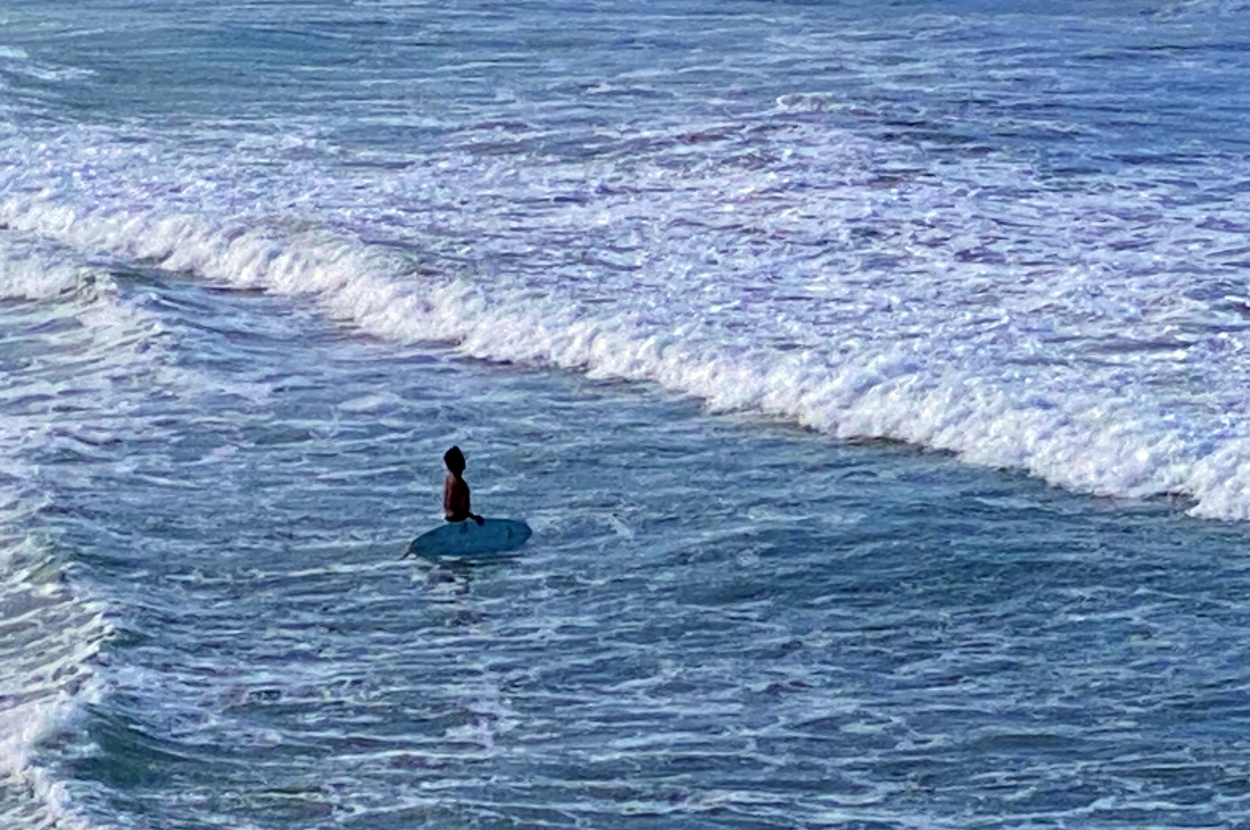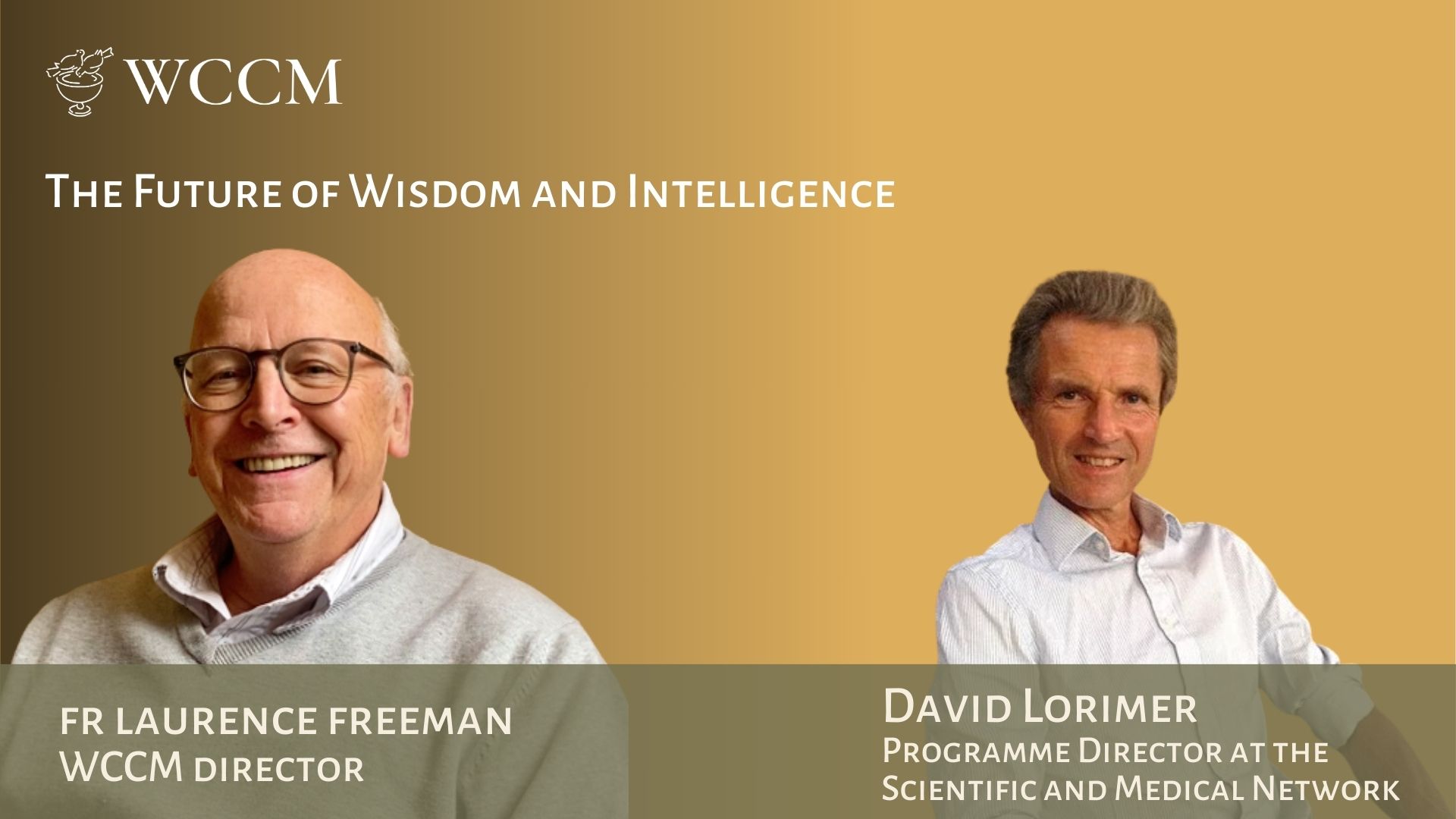When he was very young Teillhard de Chardin became deeply anxious about the transient nature of the world. Perhaps he had had his first awareness of death which can be a surge of consciousness for a child. Maybe he had heard St John: ‘the world is passing away along with its desires’. It is a striking insight. Not only is the world, events, people, objects, patterns we are accustomed to passing but also desire itself. What we long for today with unbearable intensity diminishes to an afterthought tomorrow. Even our minds and feelings are in flux.
Teillhard’s response to his anxiety of transience was to seek what in the world was fixed and solid. He investigated nature in a way that led to his future work. Discovering that even mountains pass away his search took its deeper direction.
In our culture we are habituated to transience and novelty. In the rapid succession of new things, messages, people, activities, there is little space to mourn. But when we lose someone or something that we love, which is truly irreplaceable, the void of meaning will attack us ferociously. We ask, ‘Is this what it all comes to?’
Rather than looking for permanence and discovering transience, we could ponder the meaning of change. We discover that, in a certain way of seeing, change is the only constant. In that paradox we find a portal of mystery and our search shifts into another perspective. We seek not answers or explanations but God, realising eventually that God is neither of these.
From this change of seeing things we develop deeper self-knowledge. This leads to horizons where self-awareness merges with the knowledge of God, even with an at first disturbing sense that it is God’s knowledge of us is that is the starting point of every search.
As we think of ourselves historically, we see how we have changed over time and also how we haven’t.
Instead of seeing our experience of life as successive episodes or like the frames of a video, a sense of wholeness emerges. We can’t see the beginning, though we know there was one. Nor can we see the end though we know there will be one. Yet we feel how they are connected. Is it our evolving wholeness, still not complete, that is the permanence we seek?
Bring back the body. The body is our faithful reminder of changeability. It is the key to understanding Christianity, in fact it is its ‘sacred language’. With the body and in the light of the emerging wholeness of our self, I can make some sense of the references to eternal life and immortality in the scriptures, like this: ‘For our dying bodies must be transformed into bodies that will never die; our mortal bodies must be transformed into immortal bodies’(ICor 15:53)
So, when wholeness is eventually achieved, the latest model of our body, the final issue, is released?







